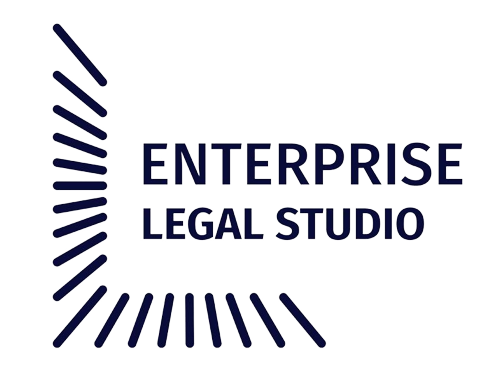Loan and mortgage agreements are essential legal tools, yet they are often misunderstood, leading to serious consequences. Before signing such an agreement, it’s important to understand the details, risks, and responsibilities involved. So, what should you know to avoid problems? Let’s break it down.
Who Are the Parties Involved?
The agreement is made between two main parties:
1.The Debtor: The person borrowing money.
2.The Creditor: The lender who often holds the mortgage on the property.
This agreement ensures that the loan obligation is fulfilled. Under the Civil Code, the creditor has a right to secure the debt through a mortgage on the property.
What Happens at the Notary’s Office?
When signing a loan and mortgage agreement, the law requires the contract to be written and notarized. The notary plays a key role:
– They thoroughly explain the terms of the contract to both parties.
– They ensure the agreement meets legal requirements.
Key Points to Look Out For
Before signing the agreement, here are the main details you need to consider: Loan Amount and Currency
– The loan amount must be stated in national currency.
– This ensures clarity and avoids currency-related complications.
Interest Rates
– Interest rates must be clearly defined in the contract.
– Misunderstandings around interest often lead to disputes, so be sure both parties agree on this point.
– Remember: Interest is how lenders earn income—it’s their main financial incentive for providing the loan.
What Does the Mortgage Cover?
– The mortgage secures more than just the loan amount. It may also cover:
– Interest.
– Penalties and fines.
– Other expenses, if outlined in the contract.
Property Ownership
– The purpose of the loan and details of the mortgaged property must be included in the contract.
– Property ownership is verified with an official extract from the public register.
Transfer of Mortgage Obligations
– Mortgages are transitory rights. If the property is sold, the new owner inherits the same obligations to the creditor as the original owner.
Costs and Notarial Services
– The costs of notarial certification are determined by law and depend on the value of the property.
– Agreements can also be signed via an authorized person with a notarized power of attorney. This can even be done remotely using electronic communication.
Dispute Resolution: What Are Your Options?
The agreement may outline how disputes are to be resolved. Common methods include:
1. Arbitration:
– If the agreement specifies arbitration, disputes are referred to a pre-agreed arbitration body.
– However, arbitration decisions must be recognized by the appellate court before enforcement actions (like auctioning the property) can be taken.
2. General Court:
– Disputes may also be resolved through the regular court system.
3. Notary’s Enforcement Sheet:
– In some cases, a notary can issue an enforcement sheet to initiate property auctions.
4. Private Sale Specialist:
– The property may be sold by a private specialist, as specified in the agreement.
A loan and mortgage agreement is a serious legal document with long-term consequences. To avoid disputes or financial harm:
– Carefully review all terms and conditions.
– Understand your obligations as a debtor or creditor.
– Seek clarification on interest rates, property details, and dispute resolution processes.
By approaching the process with caution and awareness, you can protect yourself from harmful legal outcomes.

